What does Supreme Court decision mean for trans rights?
'Woman' ruled to refer only to biological women in equality law, but transgender reassignment still a protected characteristic

A free daily email with the biggest news stories of the day – and the best features from TheWeek.com
You are now subscribed
Your newsletter sign-up was successful
"The unanimous decision of this court is that the terms 'woman' and 'sex' in the Equality Act 2010 refer to a biological woman and biological sex."
That was the judgement delivered today by the Supreme Court, in a landmark ruling that has ramifications for women's rights, transgender rights and equalities policy.
In a long-running legal battle, women's rights campaigners had challenged the Scottish government's interpretation of the word "sex" in the Equality Act to count trans women with Gender Recognition Certificates as women.
The Week
Escape your echo chamber. Get the facts behind the news, plus analysis from multiple perspectives.

Sign up for The Week's Free Newsletters
From our morning news briefing to a weekly Good News Newsletter, get the best of The Week delivered directly to your inbox.
From our morning news briefing to a weekly Good News Newsletter, get the best of The Week delivered directly to your inbox.
Courts in Scotland ruled, and then upheld, in favour of the Scottish government: that sex was "not limited to biological or birth sex". So, For Women Scotland, backed by J.K. Rowling, took their case "all the way to the Supreme Court", with "high hopes of a different result", said Politico. Today's ruling in their favour has implications way beyond Scotland – because the Equality Act applies across Britain.
What did the commentators say?
Despite claims to the contrary, the question under consideration was never "what is a woman?", said Catriona Stewart in The Spectator. Rather, the court ruled on how "woman" and "man" are defined "for the purposes of the law". That "may seem a pedantic distinction but, in a climate where lack of clarity has caused mayhem, pedantry is to be welcomed".
The Scottish government maintained that transgender people were entitled to sex-based protections. For Women Scotland argued that these protections only applied to biological women, and that broadening the definition of sex could complicate Equality Act exemptions which allow single-sex spaces, such as lesbian clubs and female changing rooms.
After "painstaking analysis", the Supreme Court ruled that including people with a Gender Recognition Certificates in the sex group would make the Equality Act read in an "incoherent way". But, since gender reassignment is already included as a separate protected characteristic, the act still protects trans people, not only against discrimination as a protected characteristic, but also "against direct discrimination, indirect discrimination and harassment in substance in their acquired gender", said Lord Hodge, the court's deputy president.
A free daily email with the biggest news stories of the day – and the best features from TheWeek.com
In an area of law that was beset with confusion, the ruling has brought "clarity and confidence" for women and for service providers such as hospitals, refuges and sports clubs, said a government spokesperson. "Single-sex spaces are protected in law and will always be protected by this government."
It is a "victory for women's rights", Trina Budge of For Women Scotland, told The Times. "Trans people are protected like anyone else is, but this clarifies women's rights."
The decision will mean that trans women "can no longer sit on public boards in places set aside for women", said The Guardian. It could also lead to "much greater restrictions" on their use of services and spaces reserved for women, and could "spark calls for the UK's laws on gender recognition to be rewritten".
I'm "gutted" by this judgement, said Scottish Greens activist Ellie Gomersall, a 25-year-old trans woman living in Glasgow. The ruling "undermines the vital human rights of my community to dignity, safety and the right to be respected for who we are", and "represents yet another attack on the rights of trans people to live our lives in peace", she told Sky News.
What next?
Edinburgh-based charity Scottish Trans is urging people "not to panic". "There will be lots of commentary coming out quickly that is likely to deliberately overstate the impact that this decision is going to have on all trans people's lives," the charity posted on Bluesky.
Both in Westminster and Holyrood, there's likely to be "renewed pressure" from "noisy campaigners" on both sides, said Politico.
We could see a revival of the Tories' 2024 election campaign promise to "rewrite the Equality Act". And, in Scotland, John Swinney may face demands to "resurrect" Nicola Sturgeon's abandoned efforts to make gender self-identification legal, said The Times. A Holyrood bill, intended to make it simpler for Scottish people to obtain a Gender Recognition Certificate, was blocked by a UK government order. This order is now "effectively annulled" by today's ruling, so Scotland's first minister will face "intense pressure from LGBT campaigners and factions within his own party" to push self-identification through.
Harriet Marsden is a senior staff writer and podcast panellist for The Week, covering world news and writing the weekly Global Digest newsletter. Before joining the site in 2023, she was a freelance journalist for seven years, working for The Guardian, The Times and The Independent among others, and regularly appearing on radio shows. In 2021, she was awarded the “journalist-at-large” fellowship by the Local Trust charity, and spent a year travelling independently to some of England’s most deprived areas to write about community activism. She has a master’s in international journalism from City University, and has also worked in Bolivia, Colombia and Spain.
-
 My Father’s Shadow: a ‘magically nimble’ film
My Father’s Shadow: a ‘magically nimble’ filmThe Week Recommends Akinola Davies Jr’s touching and ‘tender’ tale of two brothers in 1990s Nigeria
-
 Send Help: Sam Raimi’s ‘compelling’ plane-crash survival thriller
Send Help: Sam Raimi’s ‘compelling’ plane-crash survival thrillerThe Week Recommends Rachel McAdams stars as an office worker who gets stranded on a desert island with her boss
-
 ‘Longevity fixation syndrome’: the allure of eternal youth
‘Longevity fixation syndrome’: the allure of eternal youthIn The Spotlight Obsession with beating biological clock identified as damaging new addiction
-
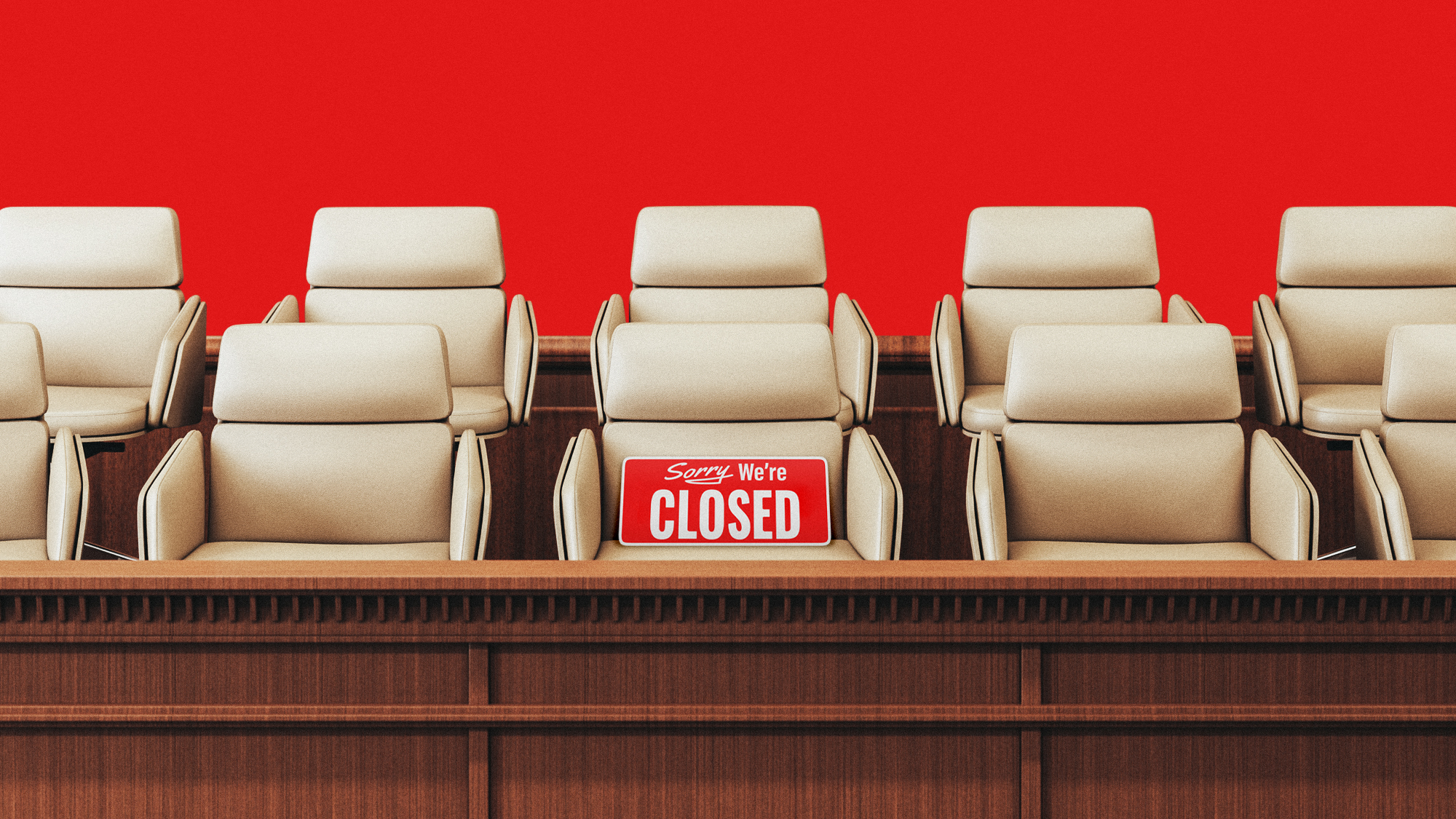 The countries around the world without jury trials
The countries around the world without jury trialsThe Explainer Legal systems in much of continental Europe and Asia do not rely on randomly selected members of the public
-
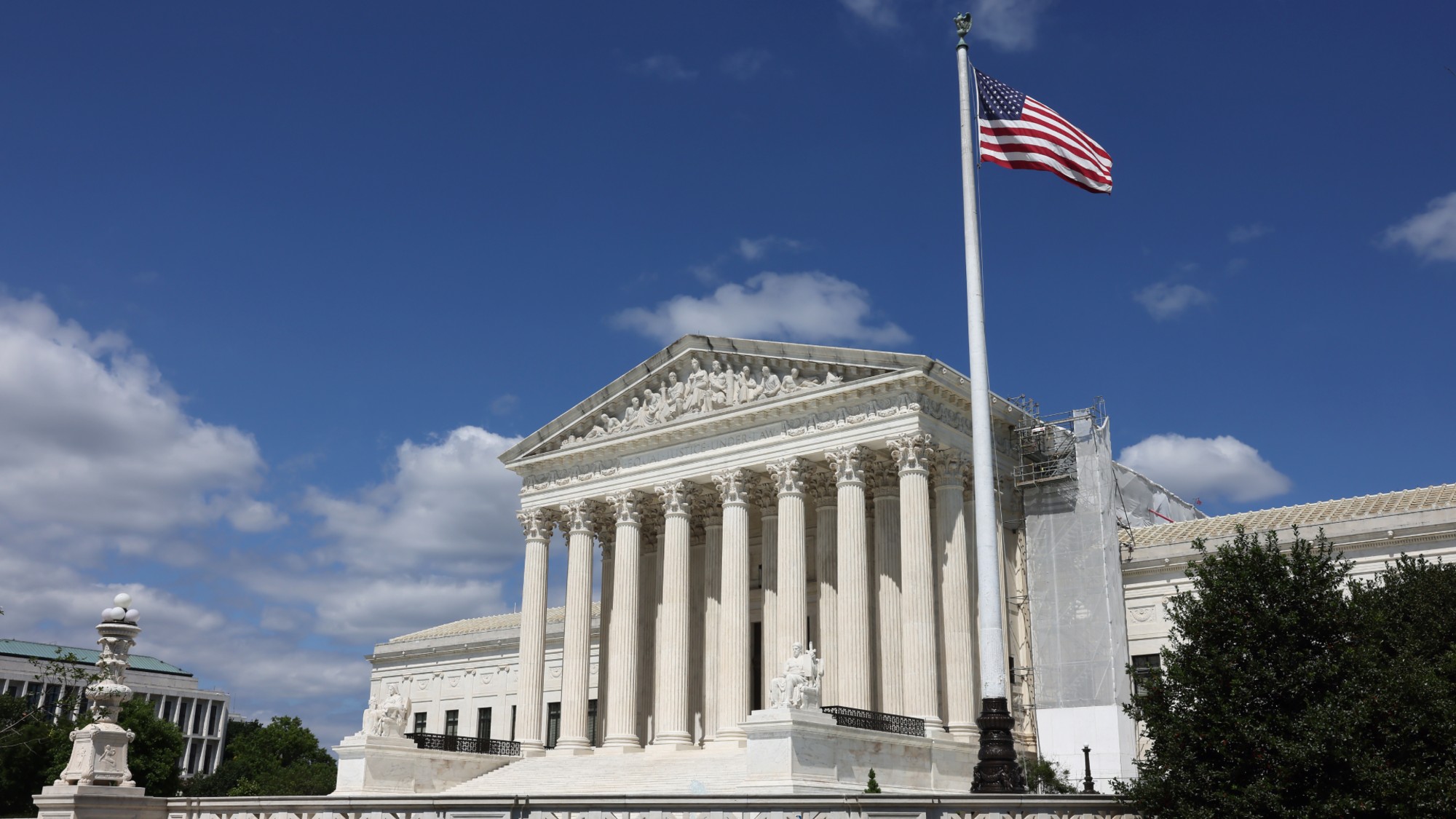 How far does religious freedom go in prison? The Supreme Court will decide.
How far does religious freedom go in prison? The Supreme Court will decide.The Explainer The plaintiff was allegedly forced to cut his hair, which he kept long for religious reasons
-
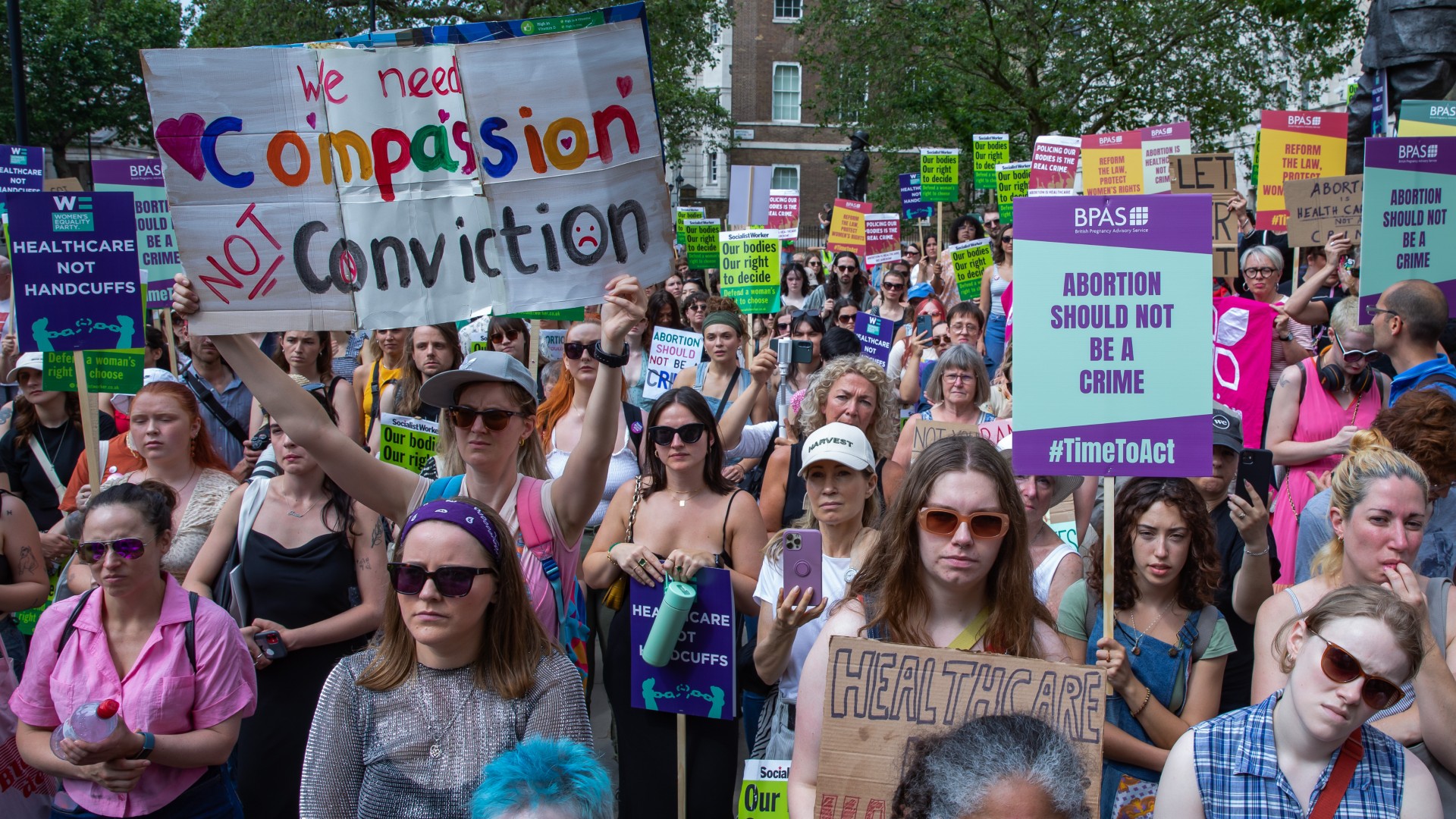 Is the UK about to decriminalise abortion?
Is the UK about to decriminalise abortion?Talking Point A rise in prosecutions has led Labour MPs to challenge the UK's abortion laws
-
 The Supreme Court case that could forge a new path to sue the FBI
The Supreme Court case that could forge a new path to sue the FBIThe Explainer The case arose after the FBI admitted to raiding the wrong house in 2017
-
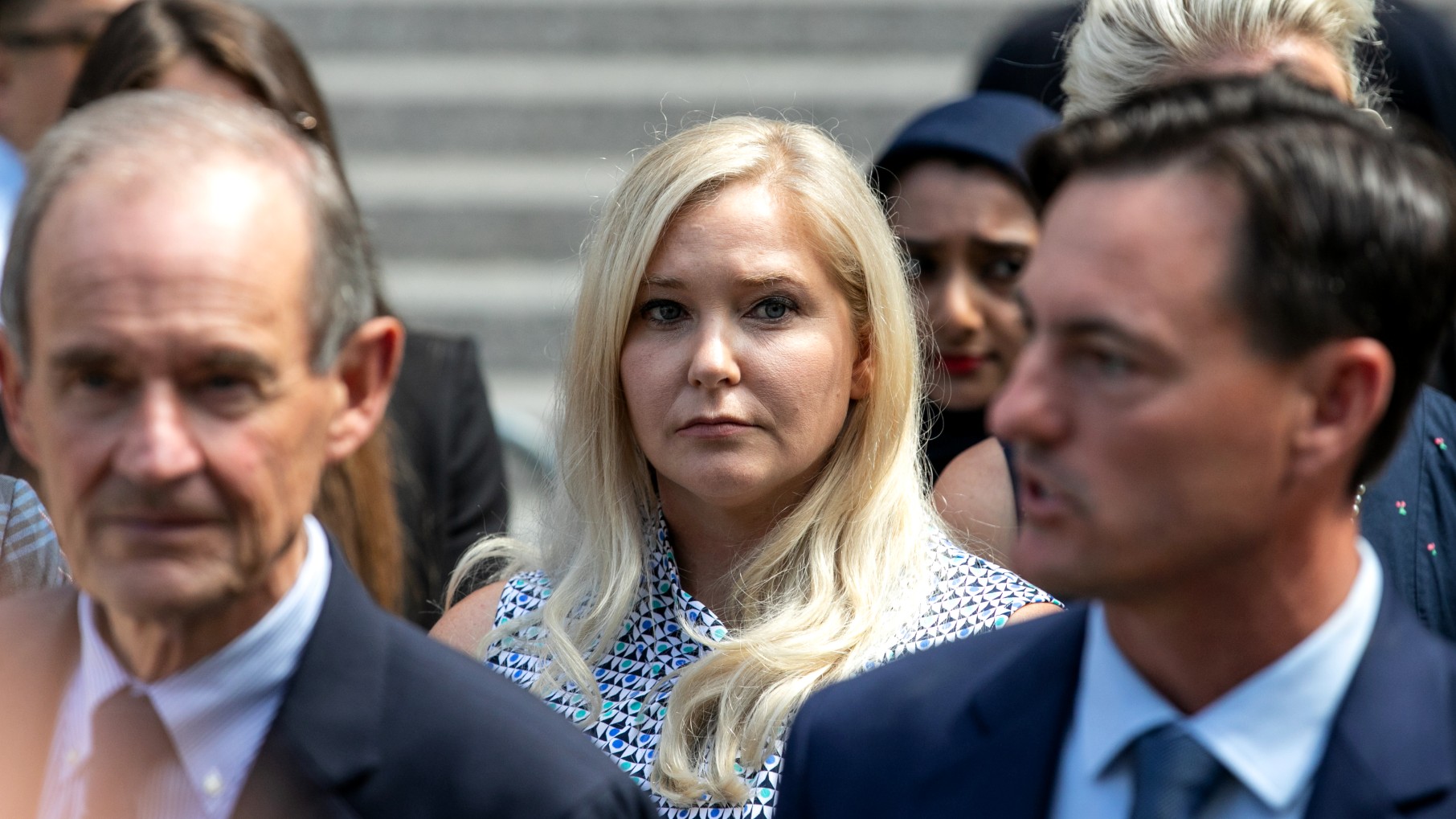 Virginia Giuffre: Prince Andrew accuser who stood up to 'power, money and privilege'
Virginia Giuffre: Prince Andrew accuser who stood up to 'power, money and privilege'In The Spotlight Woman at the centre of Jeffrey Epstein scandal and advocate for sex trafficking victims, has died aged 41
-
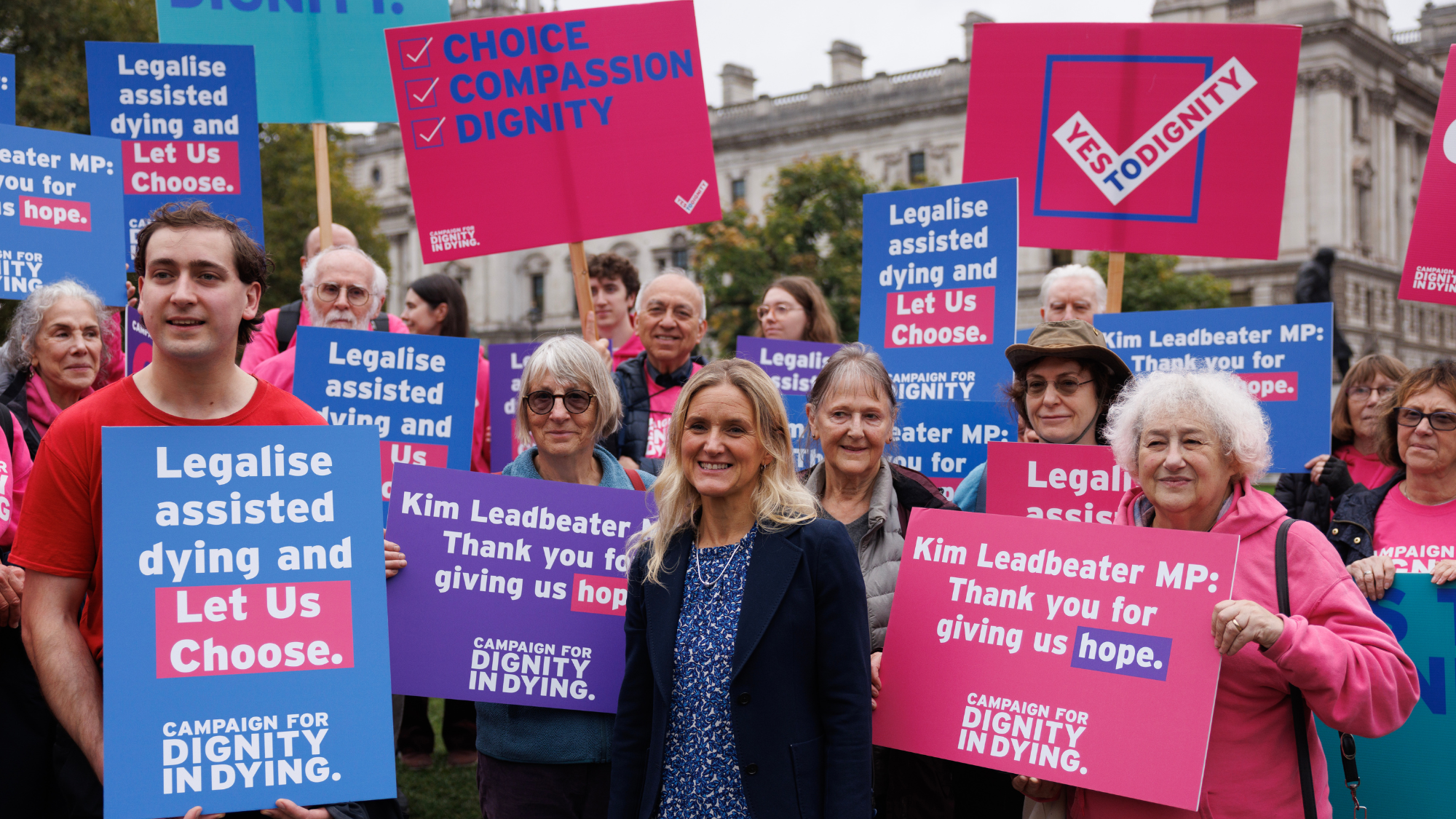 Assisted dying: what can we learn from other countries?
Assisted dying: what can we learn from other countries?The Explainer A look at the world's right to die laws as MPs debate Kim Leadbeater's proposed bill
-
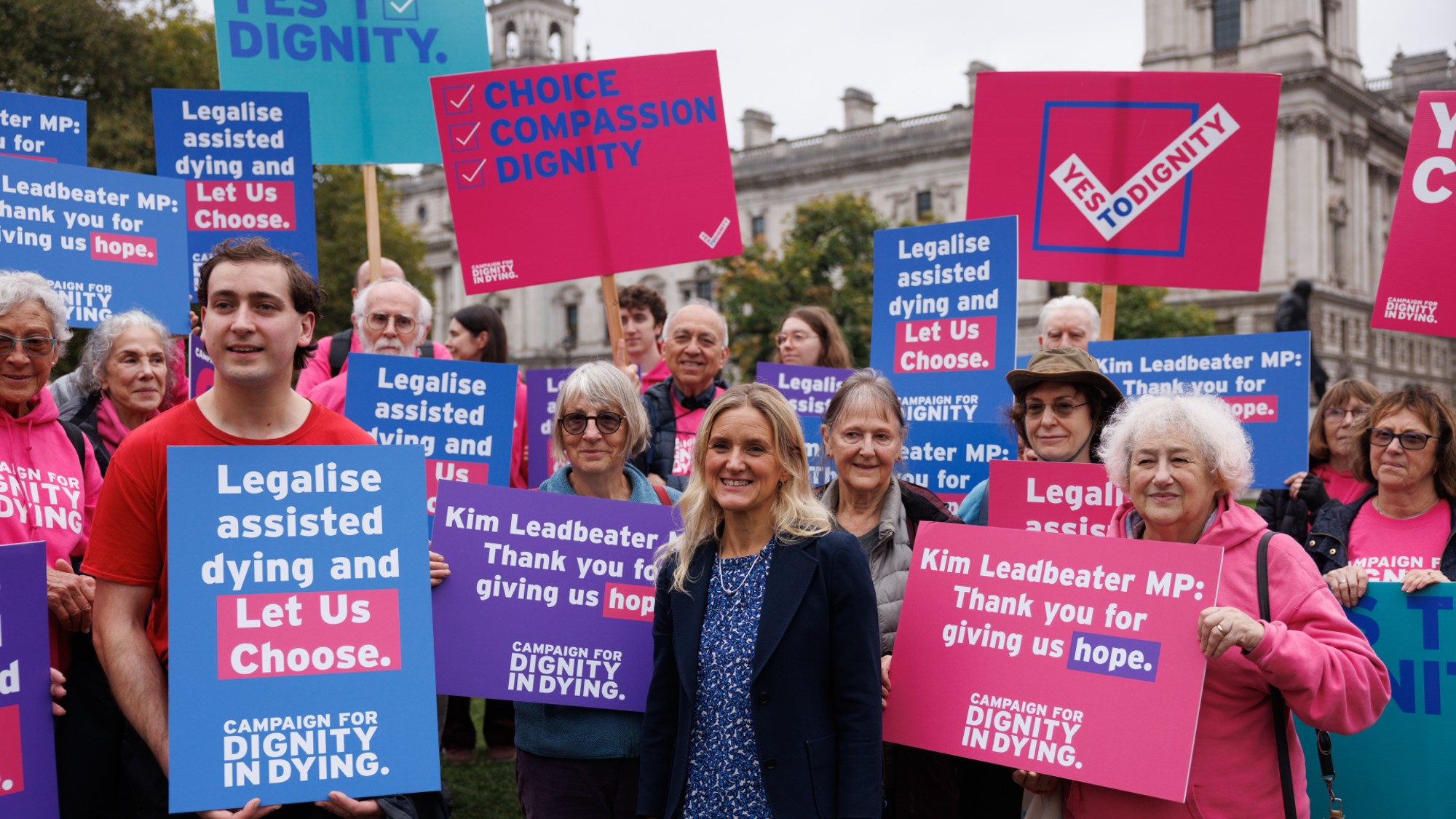 How would assisted dying work in the UK?
How would assisted dying work in the UK?The Explainer Proposed law would apply to patients in England and Wales with less than six months to live – but medics may be able to opt out
-
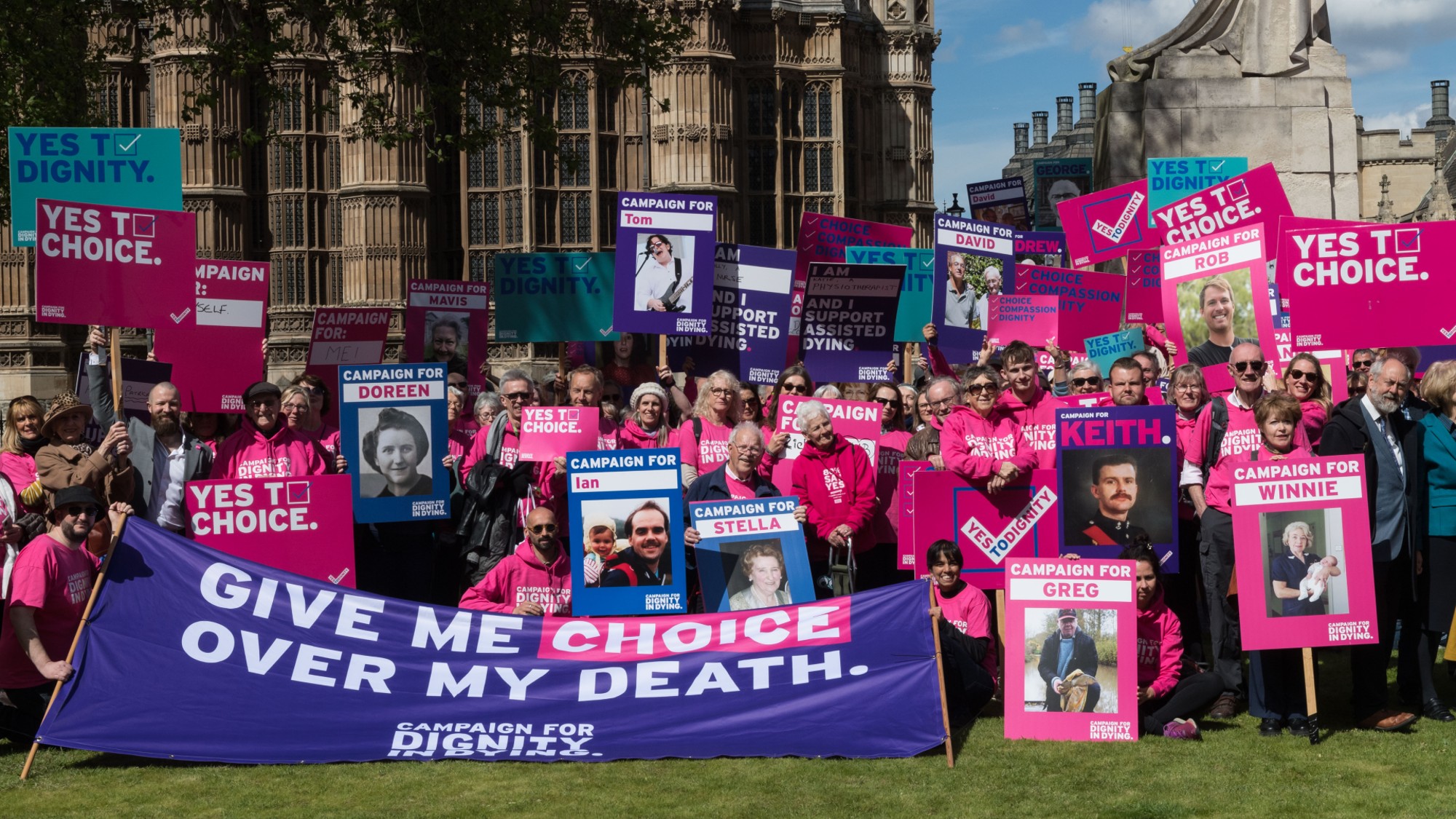 Assisted dying: will the law change?
Assisted dying: will the law change?Talking Point Historic legislation likely to pass but critics warn it must include safeguards against abuse